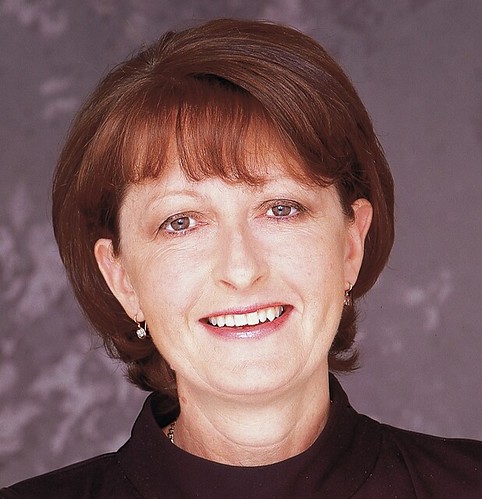Don't pass the buck Tony.
Beware the word "Crunch".
Think cornflakes for example. The old-fashioned variety which 6minutes grew up on had around 6% sugar. Today's Crunchy Nut cornflake on the other hand contains 31.7% sugar, or 400% more than its predecessor.
Now Kellogg's have given Sultana Bran the 'crunch' treatment too. Compared with Sultana Bran's 22.7% sugar content, Sultana Bran Crunch has 28.4%, or nearly 30% more. Rather than 14.2% fibre content, the new version has just 8.7%.
To a hurried shopper, the difference in content is undiscernable; only a conscious and deliberate examination (with a magnifying glass if you're over 40) shows up the former as a significantly less healthy product.
Not that I'm blaming Kellogg's for the obesity crisis. It's a no-brainer that in a free-market economy companies will try to boost sales in any way the law allows, and if that means high-sugar, low fibre cereals, so be it.
But as our girths grow and the number of healthy choices on the supermarket shelves shrink, labelling is just one option we should consider.
If cigarette packets alert smokers their contents may cause mouth cancer, why shouldn't cereal packets warn of an increased risk of heart attack, diabetes or premature death?
Instead, last week saw the introduction of a voluntary food-labelling system that is more likely to mislead than inform, and has health experts up in arms. According to nutritionist Rosemary Stanton, the new labels showing the percentage of daily intake a serve of a food provides to an average adult, 'fails to give people any understanding about what is an acceptable daily intake".
If it's true, as reported in the SMH that the new system has the approval of parliamentary secretary to the Minister for Health and Ageing, Christopher Pyne, I wish he'd listen to the most compelling argument I've heard on government regulation in a recent ABC program.
At a forum called, "Yes I'm fat, but it's not my fault", Professor Richard Ingelby from Deacon University compared keeping people healthy with keeping the peace. Not only does government have a responsibility to ensure its citizens live peacefully together, but individuals shoulder this same responsibility, says Professor Ingleby. Surely, the existence of the police force doesn't reduce the personal responsibility we all have, he says. Indeed, says the good professor, it's easier for individuals and governments to be responsible if they have a shared responsibility.
It's not an either/or situation.
Think cornflakes for example. The old-fashioned variety which 6minutes grew up on had around 6% sugar. Today's Crunchy Nut cornflake on the other hand contains 31.7% sugar, or 400% more than its predecessor.
Now Kellogg's have given Sultana Bran the 'crunch' treatment too. Compared with Sultana Bran's 22.7% sugar content, Sultana Bran Crunch has 28.4%, or nearly 30% more. Rather than 14.2% fibre content, the new version has just 8.7%.
To a hurried shopper, the difference in content is undiscernable; only a conscious and deliberate examination (with a magnifying glass if you're over 40) shows up the former as a significantly less healthy product.
Not that I'm blaming Kellogg's for the obesity crisis. It's a no-brainer that in a free-market economy companies will try to boost sales in any way the law allows, and if that means high-sugar, low fibre cereals, so be it.
But as our girths grow and the number of healthy choices on the supermarket shelves shrink, labelling is just one option we should consider.
If cigarette packets alert smokers their contents may cause mouth cancer, why shouldn't cereal packets warn of an increased risk of heart attack, diabetes or premature death?
Instead, last week saw the introduction of a voluntary food-labelling system that is more likely to mislead than inform, and has health experts up in arms. According to nutritionist Rosemary Stanton, the new labels showing the percentage of daily intake a serve of a food provides to an average adult, 'fails to give people any understanding about what is an acceptable daily intake".
If it's true, as reported in the SMH that the new system has the approval of parliamentary secretary to the Minister for Health and Ageing, Christopher Pyne, I wish he'd listen to the most compelling argument I've heard on government regulation in a recent ABC program.
At a forum called, "Yes I'm fat, but it's not my fault", Professor Richard Ingelby from Deacon University compared keeping people healthy with keeping the peace. Not only does government have a responsibility to ensure its citizens live peacefully together, but individuals shoulder this same responsibility, says Professor Ingleby. Surely, the existence of the police force doesn't reduce the personal responsibility we all have, he says. Indeed, says the good professor, it's easier for individuals and governments to be responsible if they have a shared responsibility.
It's not an either/or situation.


0 Comments:
Post a Comment
<< Home